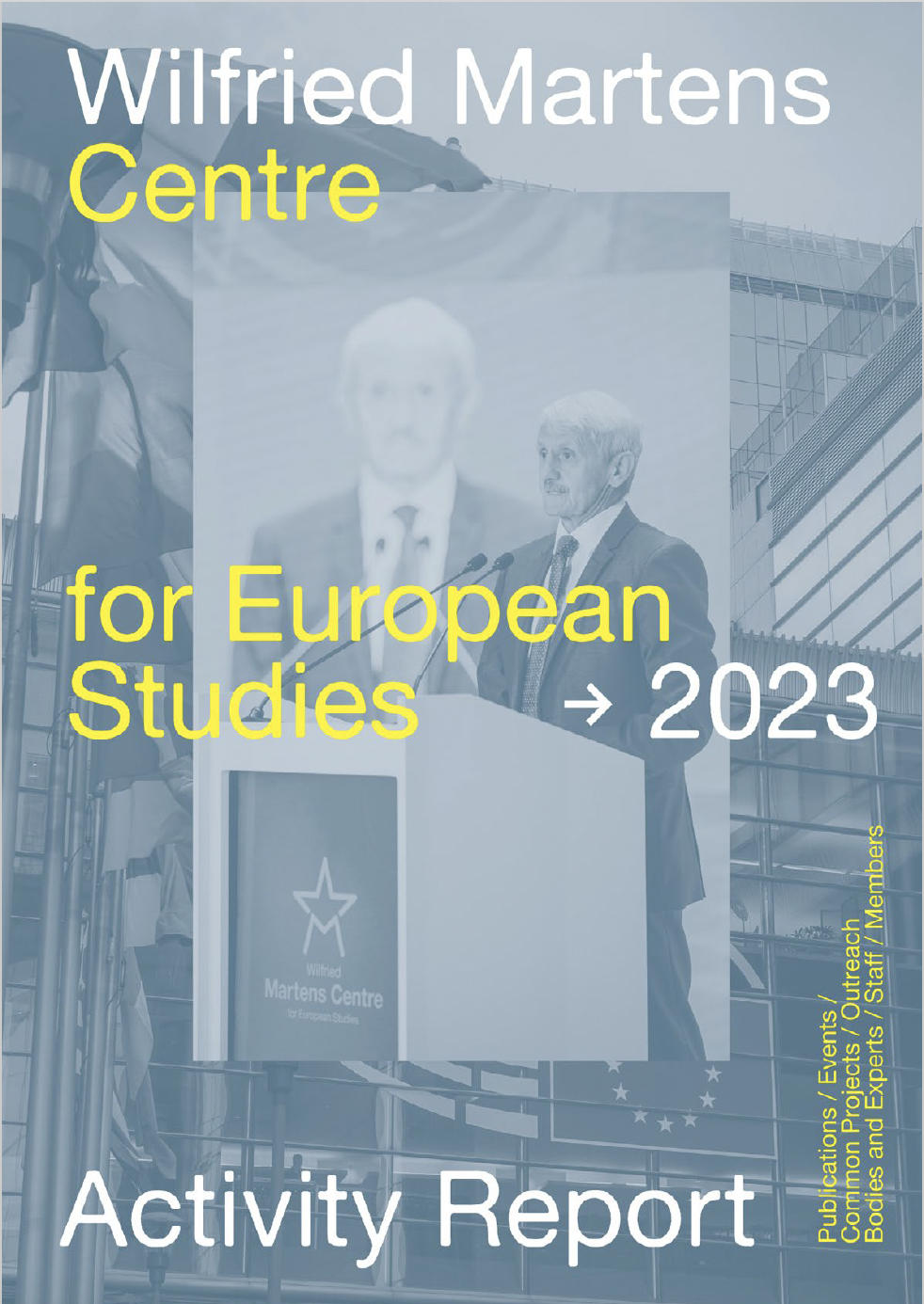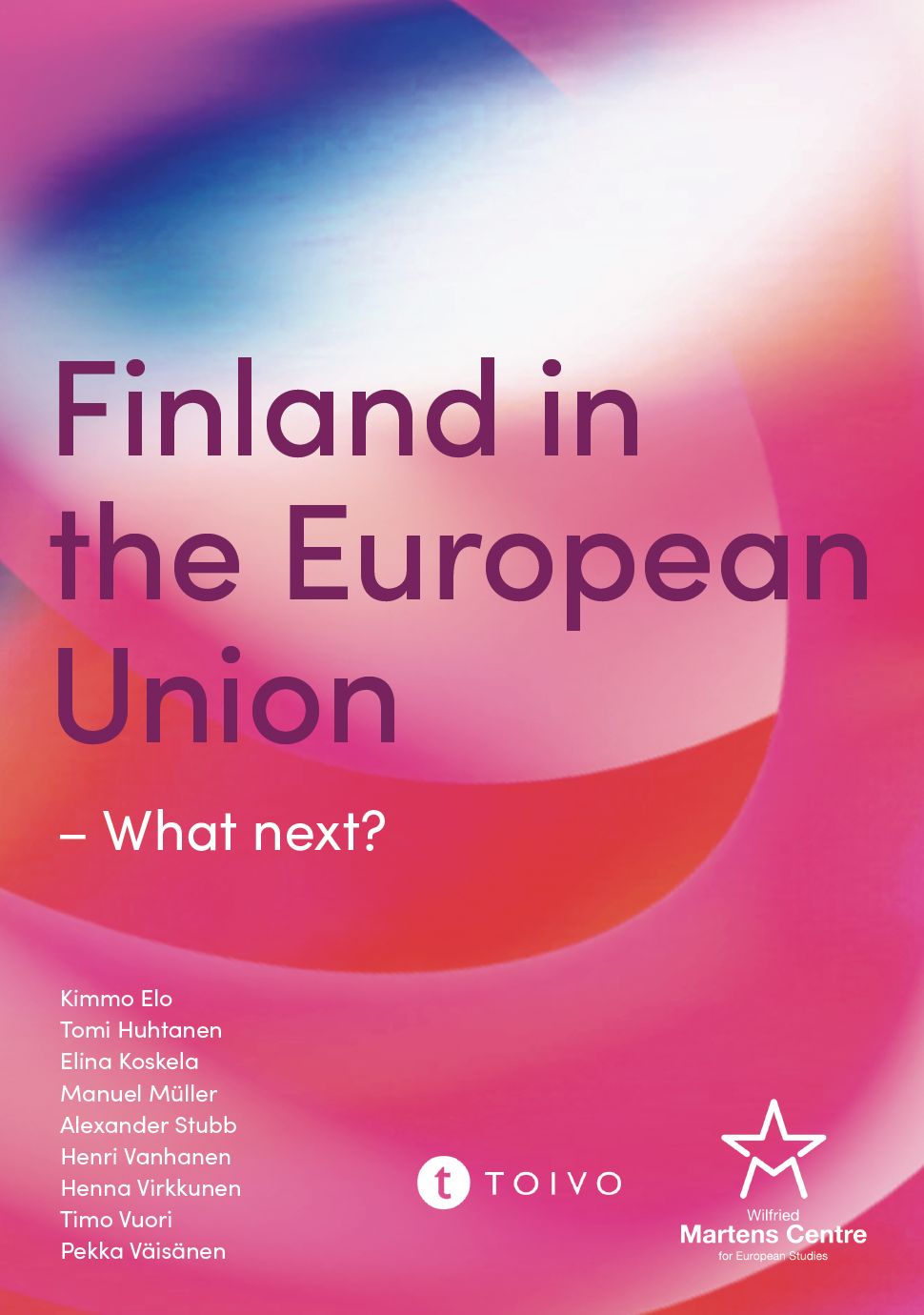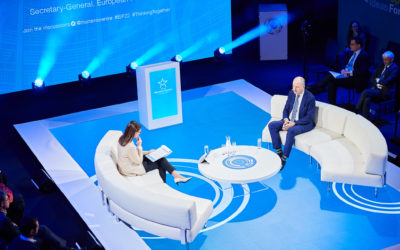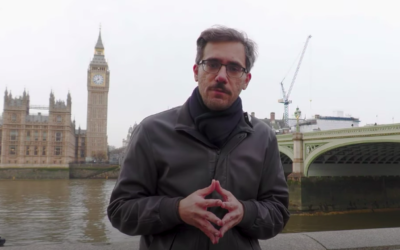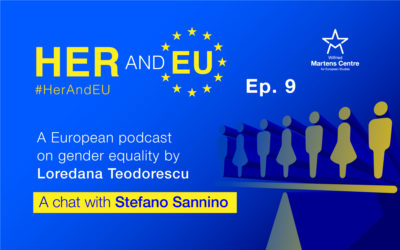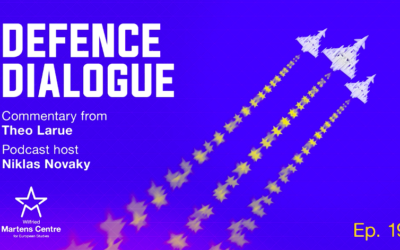Joke theory
07 November 2016
One of the universal components of jokes throughout the world is a form of cognitive dissonance, as communication scientists would call it: the confusion caused by talking at cross-purposes. It is usually the result of two people saying the same thing, but meaning something completely different. Take, for example, John Cleese’s unforgettable 1970s’ serial Fawlty Towers.
Among German viewers the most popular episode is, unsurprisingly, ‘The Germans’ (YouTube 2009a). Briefly, Basil (Cleese), the manager of an eccentric hotel called Fawlty Towers, is expecting a group of German guests and exhorts his staff ‘not to mention the war’, no matter what. But after an unfortunate encounter between his head and a frying pan, he himself develops a maniacal tendency to bring up the subject so embarrassing to his politically correct post-war German guests.
Hence, when he screams at the Germans not to mention the war, and they protest that they (the individuals) didn’t start ‘it’ (the subject), he shouts back, ‘Yes, you [meaning the country] did [start the war]—you invaded Poland!’ At which point the German men get angry and the women burst into tears (clichés can be funny too).
Looking at cross-Channel communication preceding the Brexit vote, one cannot help but think that some form of cognitive dissonance must have taken hold here a long time ago. To us Continentals, British Euroscepticism, which pre-dates the days of Margaret Thatcher, has acquired a laughable quaintness, alongside eccentric lordships, outdated social hierarchies, and the economic and technological backwardness that, in our view, is associated with a Britain stuck in the glorious past of Empire and the Second World War.
What we constantly overlook at our peril, however, is that in the eyes of many of the Leave campaign’s leaders, things are entirely the other way around. From this point of view the Continent is seen as stuck in a twentieth-century welfare-state mentality, the EU is primarily seen as an instrument that protects citizens from global competition and Europeans still believe in replacing Europe’s nations with a Brussels-based super-state. In contrast, Britain is considered to be more in tune with the less-regulated emerging economies of other continents and the persistent reality of nation-states.
Long-standing Eurosceptics such as Dan Hannan, Liam Fox and Boris Johnson offer good examples of this mentality. Of course, the Leave campaign also fed on conspiracy theories, anti-elite rejectionism, and fears of immigration and globalisation. But apparently these contradictions did not do the campaign any harm. While managing the Brexit negotiations, the remaining 27 EU member states should remember to keep an eye on the cognitive dissonance that has characterised the debate on Britain’s relations with them, pre- as well as post-Brexit.
There is also confusion in the context of the Brexit debate which directly involves another timeless Cleese classic: the film The Life of Brian. In one of its most famous scenes, Cleese, as the leader of the People’s Front of Judea in Roman-occupied Palestine, theatrically asks his acolytes, ‘What have the Romans ever done for us?’ (YouTube 2009b)—implying that the obvious answer is ‘nothing’.
However, one after the other, the rebels come up with a series of important societal, technological and infrastructural improvements which, taken together, depict the Roman Empire as a benign hegemon intent on bringing progress. This meme was used in spring 2016 in a brilliantly acted clip about the European Convention of Human Rights (ECHR) (YouTube 2016). Here the Eurosceptic refrain ‘What has the ECHR ever done for us?’ was answered by an ever-growing list of civic rights and freedoms which are guaranteed by the Convention.
This, by the way, has nothing to do with the EU, but was particularly popular among Remain campaigners. The clip went viral a few weeks before the referendum. The problem is the obvious reply by a Eurosceptic: that of course, these rights and freedoms do represent indispensable elements of Western modernity—but for the ECHR to be able to guarantee them, it has to be backed up by nation-states with their constitutions, administrations, judiciaries and—ultimately—armies. So who is really guaranteeing civic rights?
Sometimes the comical aspects of confusion are best enjoyed in full awareness of their everlasting presence in political debates.
This piece originally appeared in the December 2016 issue of the European View, the Martens Centre policy journal.
ENJOYING THIS CONTENT?







